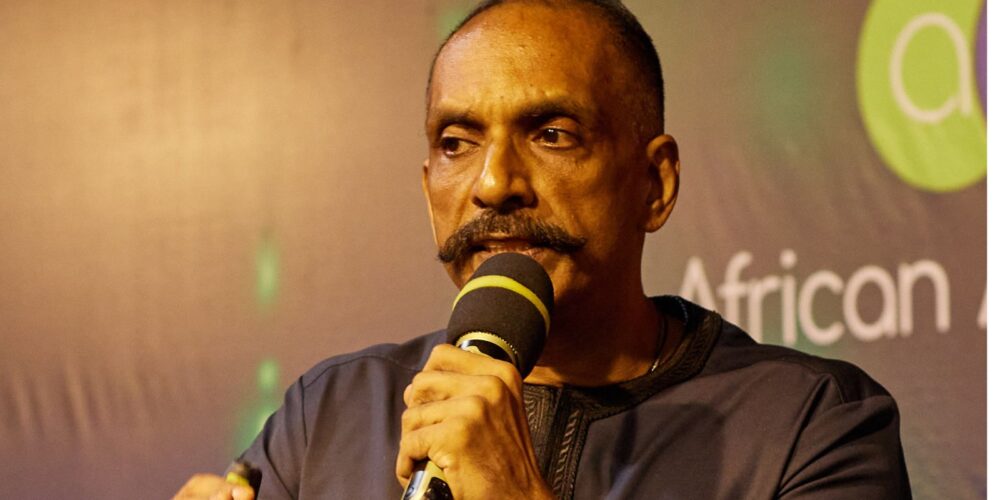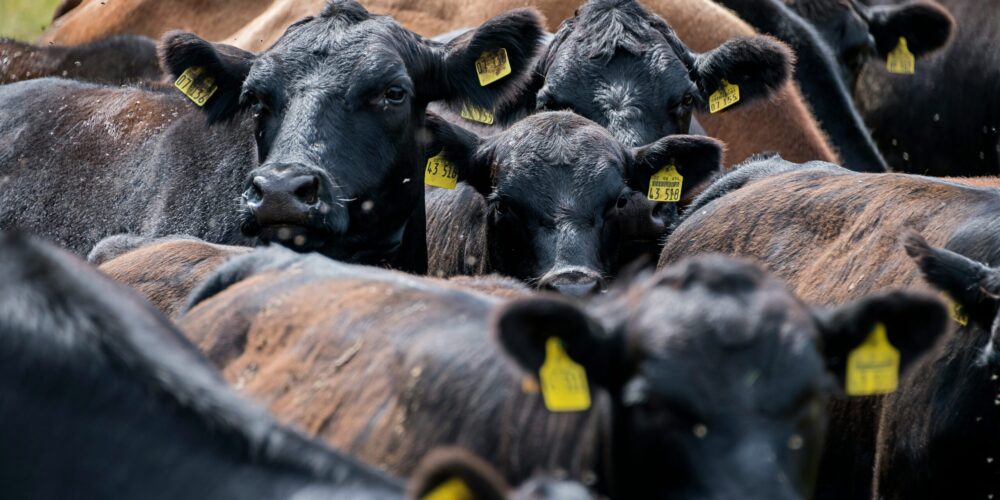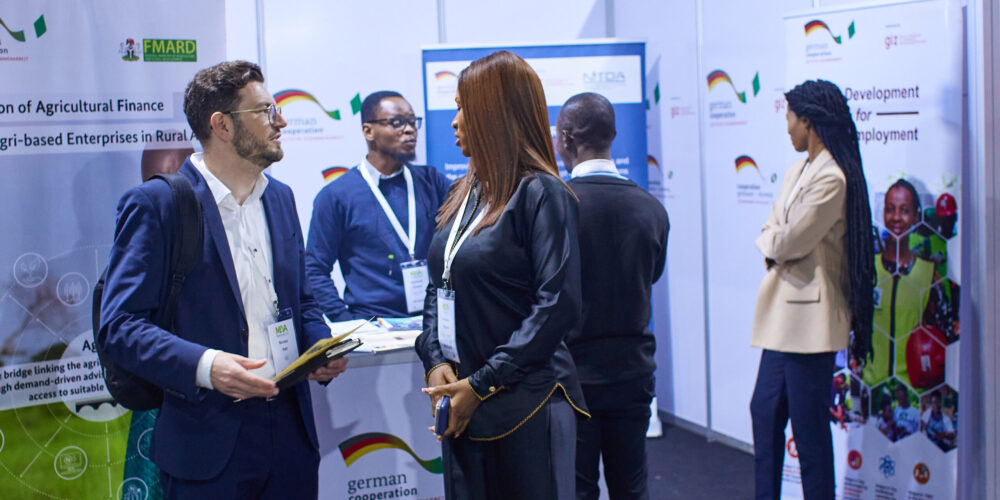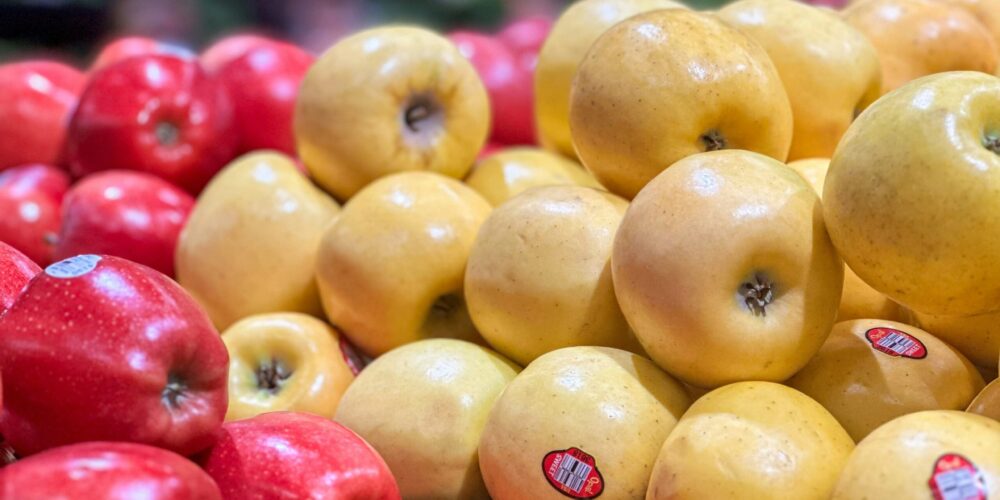Recent developments in Namibia have garnered attention, with several local articles…

Transforming Africa into a Net Food Exporter
Lagos, Nigeria – At Market Access Africa 2024, Anil Nair, Managing Director of Olam Agri-Nigeria, presented a groundbreaking strategy to transform Africa into a net food exporter. Speaking to over 150 industry leaders and stakeholders at the Landmark Centre, Nair emphasized the critical need to boost agricultural productivity and reduce the continent’s reliance on food imports.
“Africa possesses 253 million hectares of arable land, with 203 million hectares currently used for crop production,” Nair began. He highlighted the continent’s substantial production of key crops, including maize (92 million tons), rice (39 million tons), and cassava (208 million tons). Despite this, Africa imports significant quantities of food: 15 million metric tons (MMT) of rice and 8-10 MMT of maize annually.
Nair pointed out the vast potential for increasing yields. “By improving our agricultural practices, we can transform Africa into a net exporter. For instance, increasing rice yields to the world average can turn Africa into a net exporter of 8 million tons of rice,” he explained. Currently, Africa’s average yield for maize is 2.2 tons per hectare, compared to a global average of 6.1 tons. Similarly, rice yields in Africa average 2.3 tons per hectare, while the global average is 4.6 tons.
A major barrier to achieving these yield improvements is the low usage of fertilizers. Nair highlighted that Africa’s fertilizer usage is significantly lower than the global average, which is a major contributing factor to low yields. He also emphasized the need for increased mechanization, noting that current low mechanization rates lead to 30-50% harvest losses and substantial post-harvest storage issues.
By prioritizing productivity, building robust supply chains, and fostering regional cooperation, Africa can not only achieve food self-sufficiency but also become a formidable player in the global agricultural market. This revolution promises to drive economic development, reduce poverty, and ensure a prosperous future for millions across Africa.


